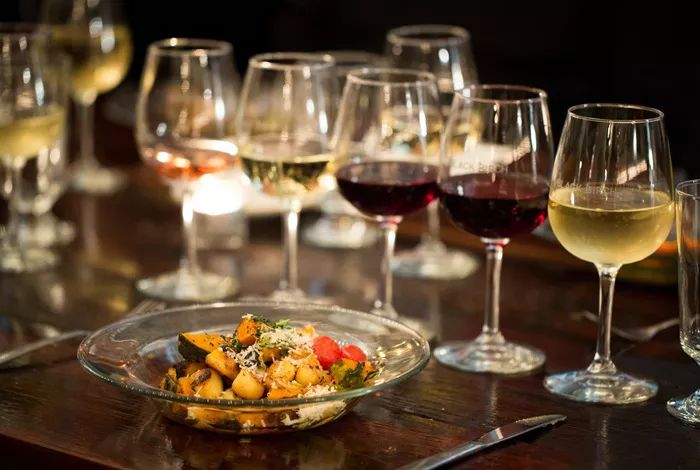The Church of England (C of E) has recently addressed concerns regarding the use of gluten-free and non-alcoholic elements in Holy Communion. These questions emerged following discussions about inclusivity for individuals who cannot consume gluten or alcohol during the sacrament, which traditionally involves consecrated bread and wine.
The issue was raised by Rev. Canon Alice Kemp of Bristol before the 2025 General Synod in London. Kemp asked whether it might be possible to amend Canon B17 to allow the legal use of gluten-free and alcohol-free elements in Holy Communion, in order to remove the perceived injustice of excluding those who cannot consume these substances.
In response, Dr. Michael Ipgrave, the Bishop of Lichfield and chair of the Liturgical Commission, explained that changing church law to permit these modifications would conflict with the C of E’s longstanding stance on the Eucharist. Specifically, he emphasized that the bread used in Communion must be made from the “best and purest wheat flour,” with even the smallest amount of wheat gluten. Likewise, the wine must be “fermented juice of the grape” and contain at least a trace of alcohol.
However, Ipgrave clarified that members of the C of E can still participate in Communion even if they are unable to consume both the bread and the wine. Parishioners can partake in “communion under one kind,” meaning they may receive either the bread or the wine without compromising the sacrament. Moreover, even if they consume neither, they are still considered to have received the spiritual benefits of Communion through faith.
Despite initial reports on February 9 suggesting that the Church had rejected the idea of gluten-free or non-alcoholic options, a statement from the Church on February 10 sought to clarify this misunderstanding. The statement emphasized that the Church is not banning gluten-free wafers or non-alcoholic wine at Communion. It further explained that many professional suppliers already provide products that are labeled as gluten-free or non-alcoholic, and these may still contain trace amounts of alcohol or gluten.
The Church pointed to guidelines from Coeliac UK, which state that “low-gluten” hosts—containing wheat starch in amounts low enough to be considered gluten-free—are suitable for individuals with celiac disease.
Ipgrave expressed regret over the confusion caused by his earlier response, acknowledging that his statement may have led to misinterpretation. He clarified that many churches across the country already offer what is commonly referred to as gluten-free bread or non-alcoholic wine during Holy Communion.
This clarification underscores the Church of England’s commitment to accommodating its diverse congregation while maintaining the integrity of its sacred traditions.
Related topics:


